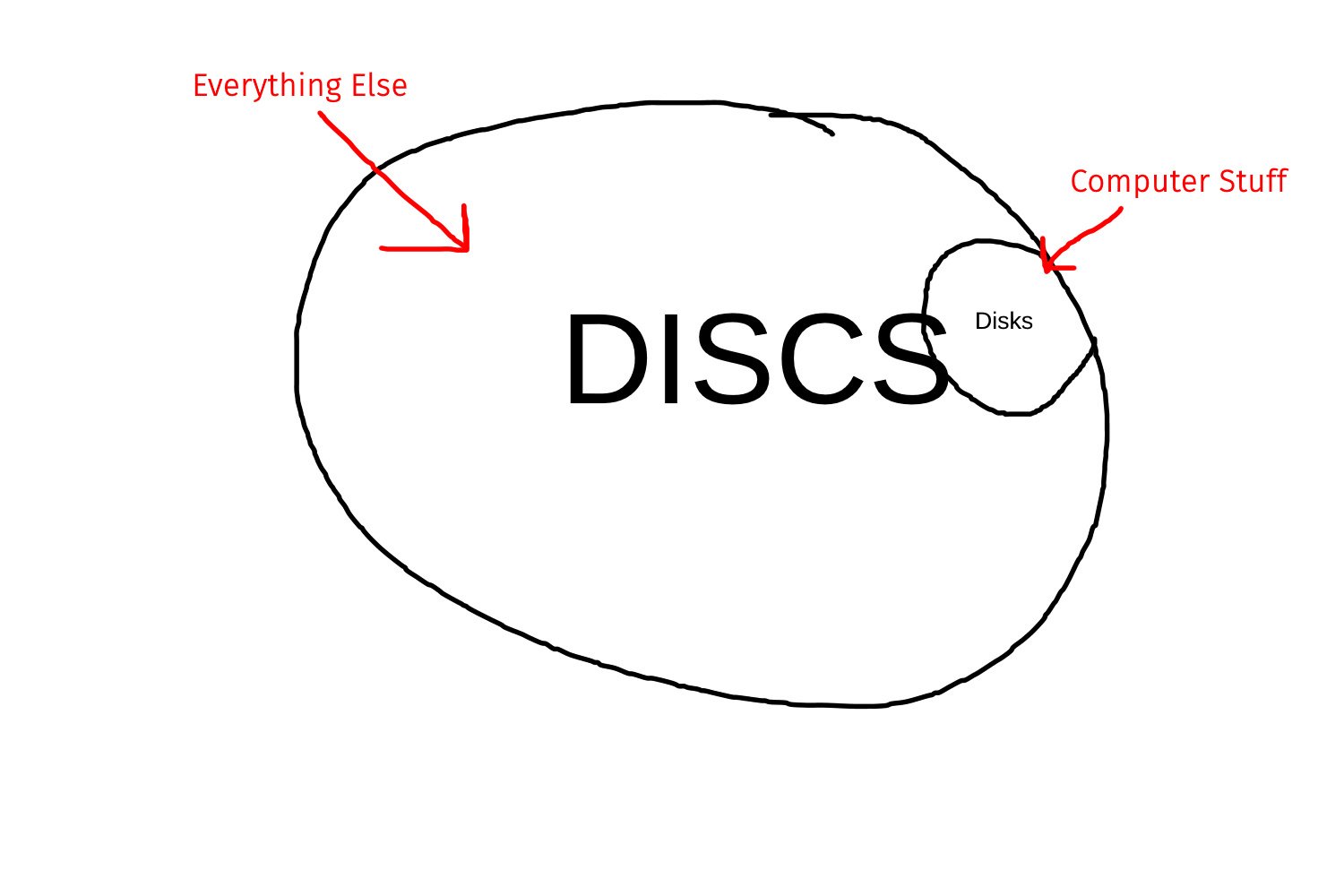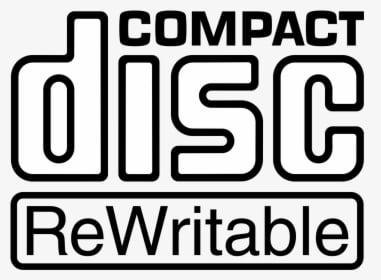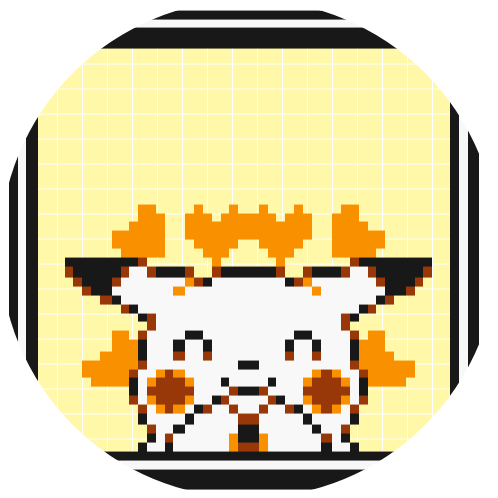I heard some people say theyre the same thing, but others are adamant that they have different meanings. Which is it?
I’ve been known to use them interchangeably.
It’s British English (disc) vs American English (disk).
It’s from diskette. Not about what country the spelling is from.
Prepare to have your mind blown.
Portable Hard Disc Drive https://pro.sony/en_GB/products/portable-storage/psz-hb-b-series
I don’t doubt the diskette comment since it’s an American invention. But sometimes this nuance shows up.
Has nothing to do with country. Discs are round objects. In the computing sense that’s cds, dvds, etc.
Disks are floppy disks(diskette, “discette” never existed as a word) , hard drive disks… etc. There is a difference and it has nothing to do with what land you’re in. Disk in usa never meant a circular object like a Frisbee (discus for example)
But the floppy diskette and the “hard disks” did in fact have circular discs inside that spin around.
I suspect that the word diskette was created as an analog to tape “cassette”.
“-Ette” is a common diminutive used to imply that something is a smaller version of something else. Like many things, we nicked it from the French.
Cigarette, a little cigar. Featurette, a short feature. Novelette, a miniature novel. Etc.
So, diskette, a little disk. Quite separate from the ones spinning in your company’s mainframe at the time. Those ones were two feet in diameter locked in a steel cabinet that weighs two tons. This one can fit in your shirt pocket. You get the idea.
Considering “cassette” is the diminutive form of “casse” which meant “case,” this seems right. This meant that the magnetic tape was held in a “diminutive case” which was arguably true when compared to records and 8-tracks.
So, diskettes also being magnetic, also being encased in something, and also being the diminutive form of a larger thing tracks.
By george, I think they’ve got it.
This feels like it makes sense.
I think they got that from Wikipedia
Jerboa won’t let me post a screenshot right now but here’s a link
The fact that there’s even a document on Apple.com is mind blowing
That’s crazy. I like their interpretation though. A disc is ejectable but a disk isn’t.
Disc is short for discus.
Disk is short for diskette, the square things some discs are kept in.
As others have said and how I always see it:
- Discs are small, circular, flat objects, e.g. the discus;
- Disks are discs used for computer stuff, e.g. floppy disk(ettes), CD-ROMs, DVD-ROMs, hard disks, and so forth…
In other words, all disks are discs, but not all discs are disks.
Here’s a shitty drawing I made to illustrate:

upvoted for your spiffy drawing, although i don’t agree with it
Lol, thanks.
What about my distinction do you disagree with, though?
I don’t think the differentiation makes any sense at all.
But…

At its root this was originally a British vs. American English thing. However, the spelling of “disc” with a C has been used specifically as the trade name of various brands including both the throwable and optical media varieties, which have since become genericized trademarks.
For the optical media side of things, the name was coined by Phillips while they were consorting with Sony to develop the standard and named it the “Compact Disc” to compliment their already existing “Compact Cassette” product. They developed an official logo for the format which spelled it “disc.” That’s been with us ever since.
As a generalized descriptor of a flat circular object, either “disk” or “disc” is appropriate but which is preferred seems to be largely depending on which continent you’re from. The root of the word is indeed the Greek “discus,” as in the object yeeted across the playing field by Olympic contestants.
Where I’m from we spell it disj but that’s because the c and k keys were broken 😞
Disk is for things that are more kiki, but disc, with that rounded off c, is for things that are more bouba.
I’ve always known disc to refer specifically to optical media.
I haven’t heard USB drives or SSD’s be referred to as disks.
But they’re still referred to as “drives” when arguably they aren’t that anymore, either. It’s really tough to ditch a moniker sometimes.
You need to spend more time with hardcore tech nerds 😝
You’re right, mostly people don’t call them that, but they do qualify and all the low level systems call them disks
I remember when SSDs were still new, trying to install one on an older system and in the process the system needing to know the “number of sectors on the disk” which… SSDs don’t have sectors. It was a confusing thing to get through at the time, but I recall figuring it out.
And you had to get the partition aligned (?) when you formatted it. I had a 128GB OCZ Agility I paid like $380 for. It was amazing loading in way before everyone in games, I remember always being first in my WoW clan raids. Left 4 Dead 2 also ripped on that SSD. It died within a year and the RMA replacement died within year as well. RIP
All I know is there’s no such thing as a discette.
umm, are you suggesting that all discs are male???
Discs are asexual. It’s why they can make offspring without a partner.
There is, or was, tho.
A disk is something that contains information. It stands for Dense Inside Stored Knowledge
Dense Information Storage Circle
Disc and disk are varient spellings of the same word that pre-exist computing. Disc is more common in British English, Disk more common in American English. But yeah since computing came along disk has also been used more for magnetic media (hard disk) while disc has been used more for optical media (compact disc). I wouldn’t be surprised if this only happened because of how the CD was marketed and branded as a “compact disc” as a trademark while hard disks and floppy disks etc were more generic terms.











